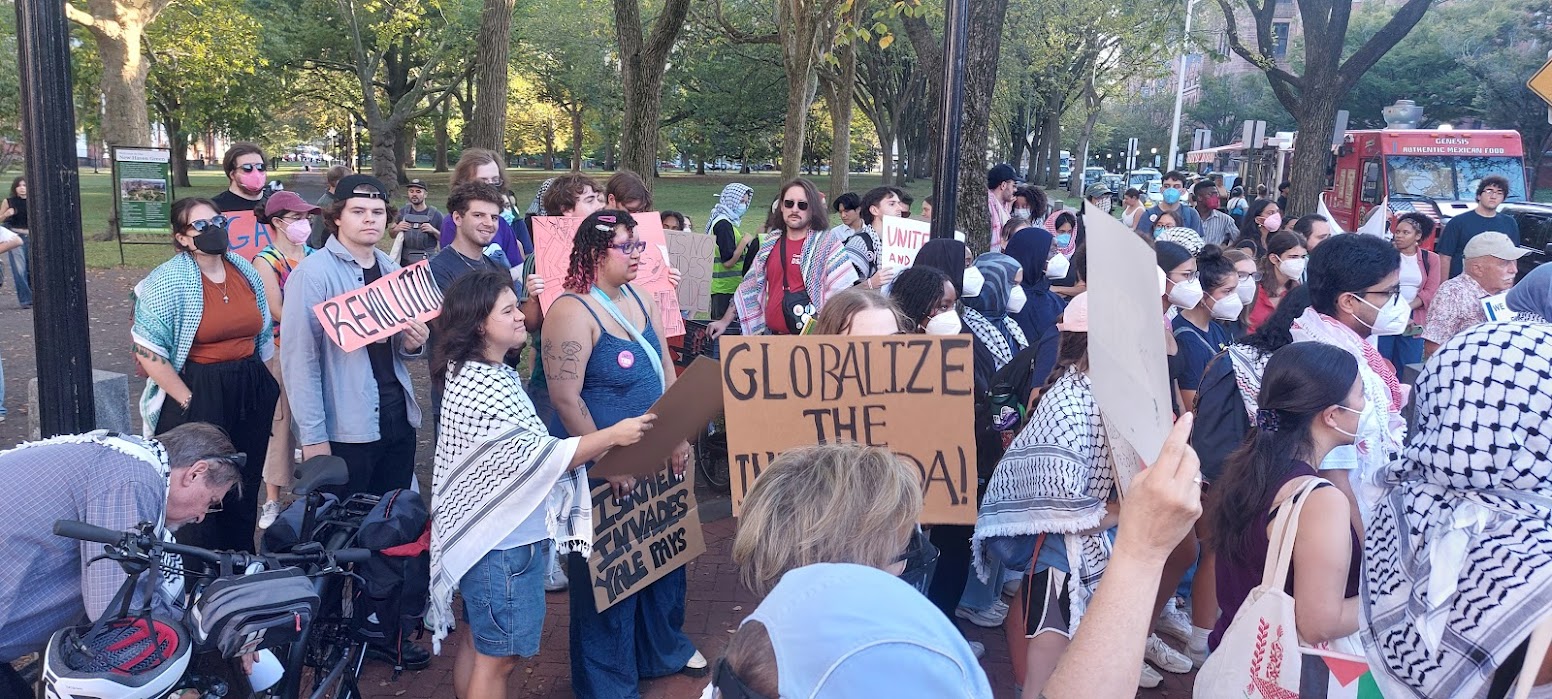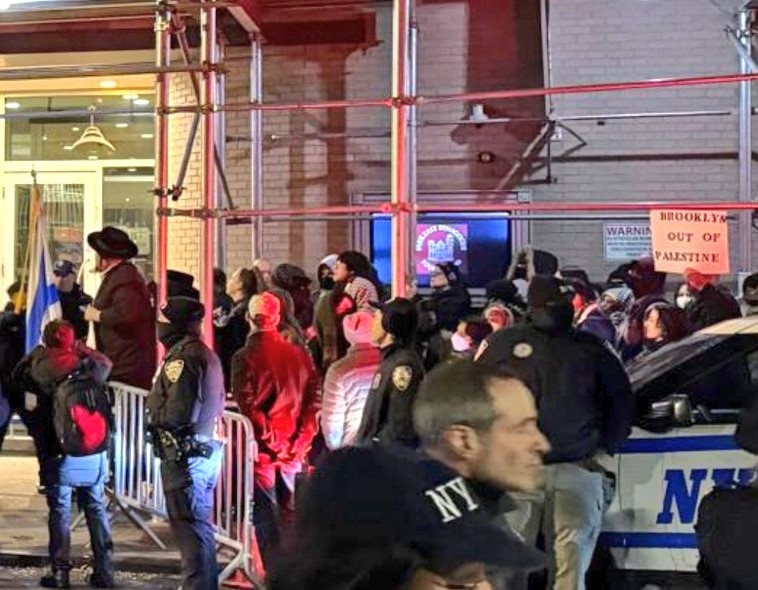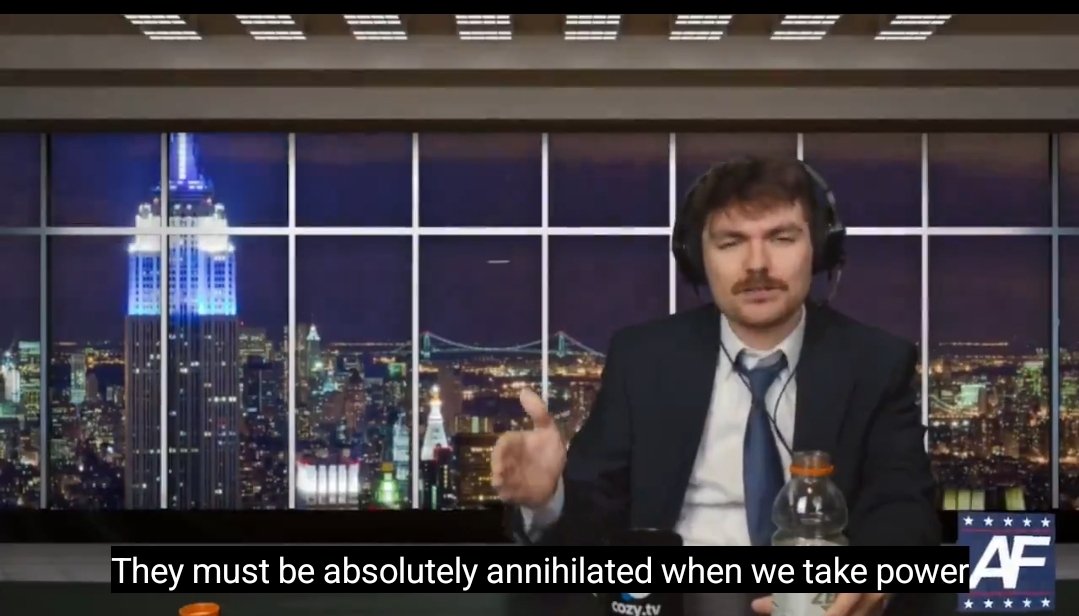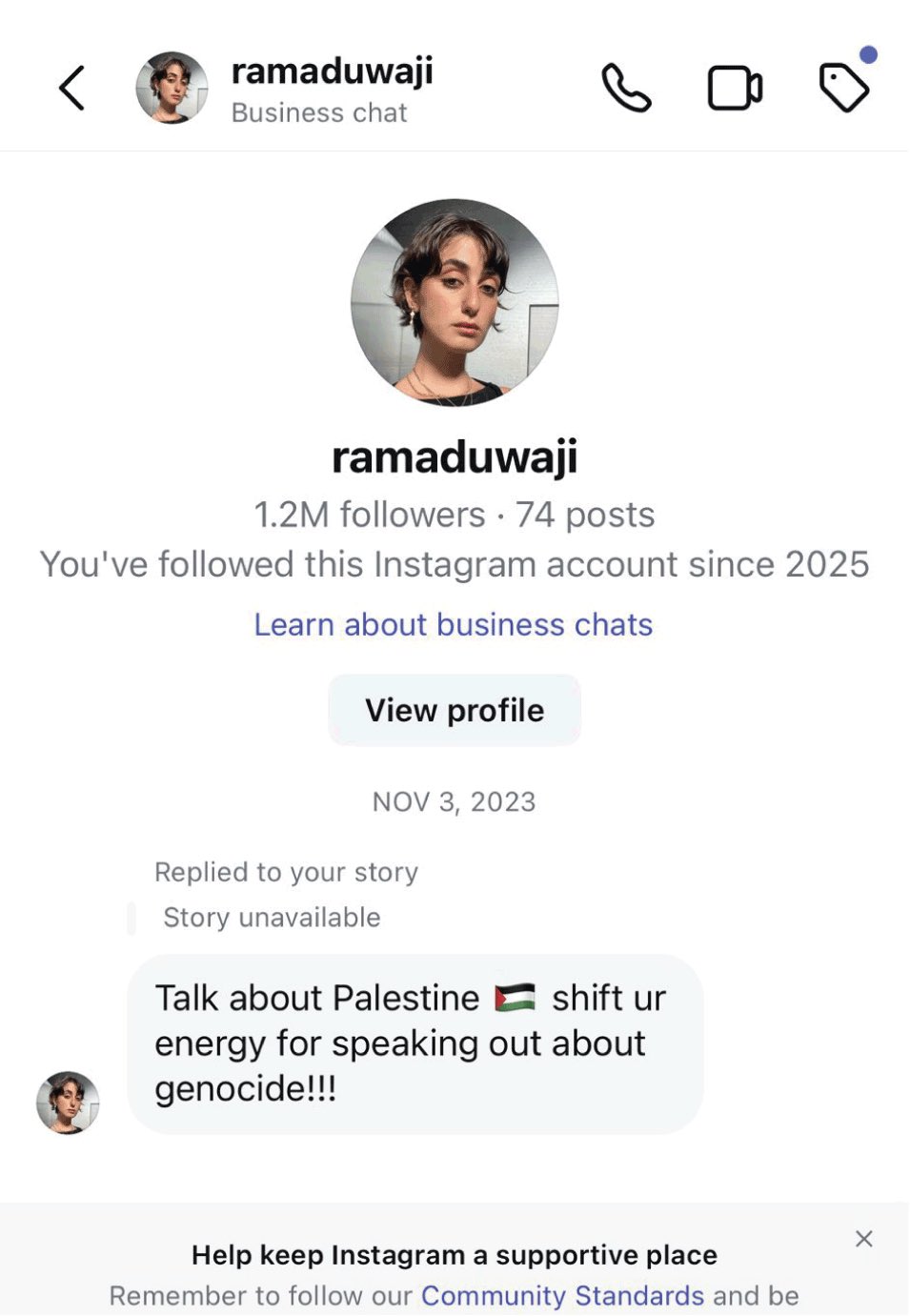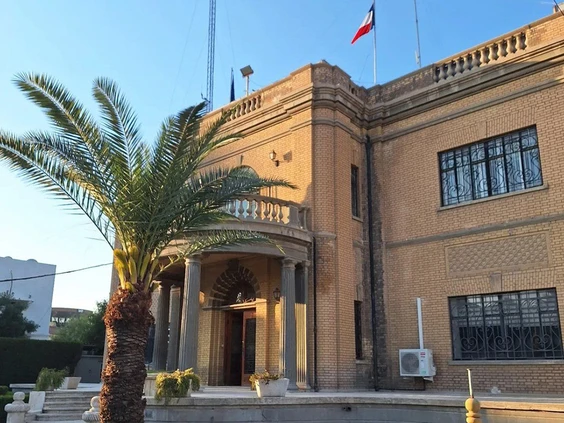After two years of rallies, hunger strikes, and encampments calling for a ceasefire in Gaza, Yalies4Palestine has now issued a statement…speaking out against the ceasefire in Gaza.
In a recent social media post, the group wrote that the current ceasefire is “simply a pause for the oppressor to recover its public relations, domestic fractures, and economy before the next iteration of occupation.” The post further claimed that “the Zionist entity has not changed its genocidal intent since Zionism’s inception over a century ago,” and vowed that “the student intifada will continue its necessary existence.”
The tone marks a striking shift for the Yale activists who, since late 2023, have led demonstrations demanding that Israel “stop the bombing” and “end the genocide.” The same group organized hunger strikes in 2024 to pressure Yale University to divest from companies supplying weapons to Israel.

Now, in a statement that appears to dismiss any prospect of peace as meaningless, the group asserts that there can be “no ceasefire under colonial occupation.” They write, “We are relieved at any pause to the genocide… However, we grieve the cruel brevity of Palestinians’ ability to rest before bombs began to explode once more.”
The statement continues: “Earlier this year, the Zionist entity violated the January 2025 ‘ceasefire agreement’ 1,000 times before resuming the genocide in full force on March 18th, 2025.”
Speaking to the Yale Daily News about the Gaza ceasefire, Yale student Maryam Abbas said, “I am angry that there are a lot of people around the world who are celebrating the ceasefire. I still see many of the same issues that we had before being repeated. The ceasefire feels very meaningless.” She added that the deal ignores the “century-long history” of Israel’s “erasure of Palestinian descent and culture.” Yale student Han Pimentel-Hayes said, “I immediately did not think this one was any different.” and Rohan Lokanadham said, “While I had hoped for daily lives to change, I feel less hopeful now.”
Zoe Kanter, an organizer for Yale Jews for Collective Liberation in Palestine said that Kanter said even before the war, “Gaza was already considered unlivable and Israel was considered by many an apartheid state. Palestinians are still being denied their basic human rights. This ceasefire can’t be anything but temporary, unless Israel moves towards allowing Palestinians their human right of self determination, allowing them genuine political representation.”
For observers on campus, the rhetoric is difficult to reconcile with the group’s earlier messaging. Having spent months calling for an end to fighting, Yalies4Palestine now portrays that very outcome — a ceasefire — as a betrayal.
The contradiction has not gone unnoticed. In previous protests, students invoked humanitarian arguments, emphasizing the need to save civilian lives and bring an end to bloodshed. Yet their latest declaration insists that even a halt in violence is unacceptable unless it also dismantles what they describe as “colonial occupation.”
Yalies4Palestine has been at the center of antisemitic campus activism surrounding the Israel-Hamas war. In April 2025, Yale College revoked the group’s official recognition after it helped organize an unauthorized protest encampment on Beinecke Plaza. Despite losing recognition, the group has continued to post statements on social media, organize off-campus events, and host events on campus despite the university’s policy.
The group’s rejection of a ceasefire highlights a widening gap between their rhetoric and the humanitarian goals they had invoked in the past.

